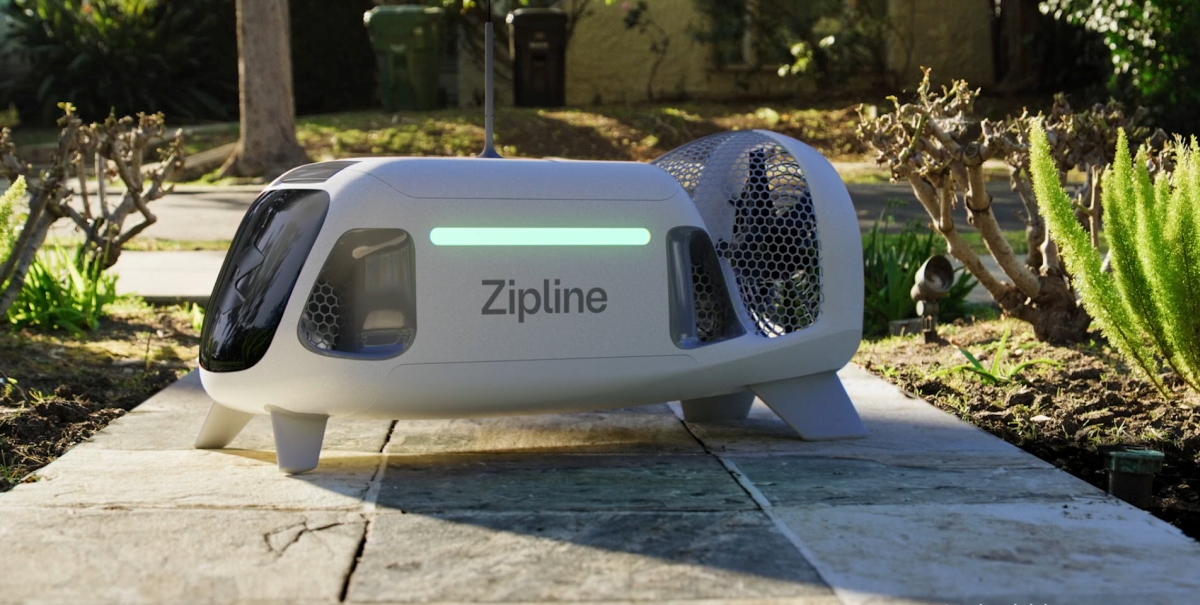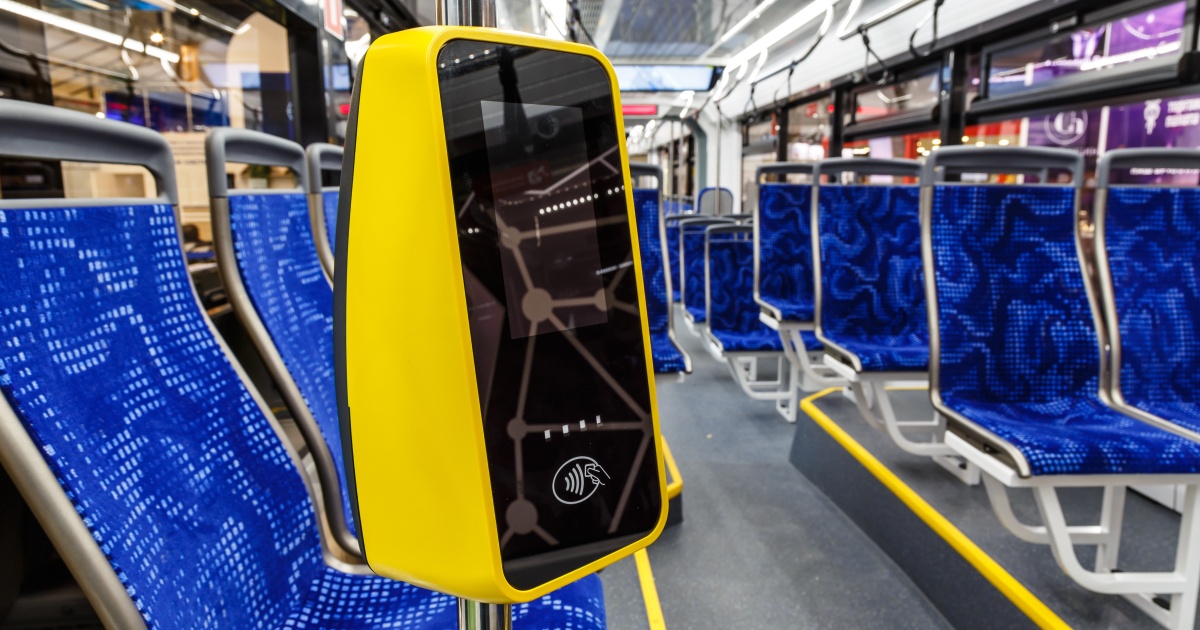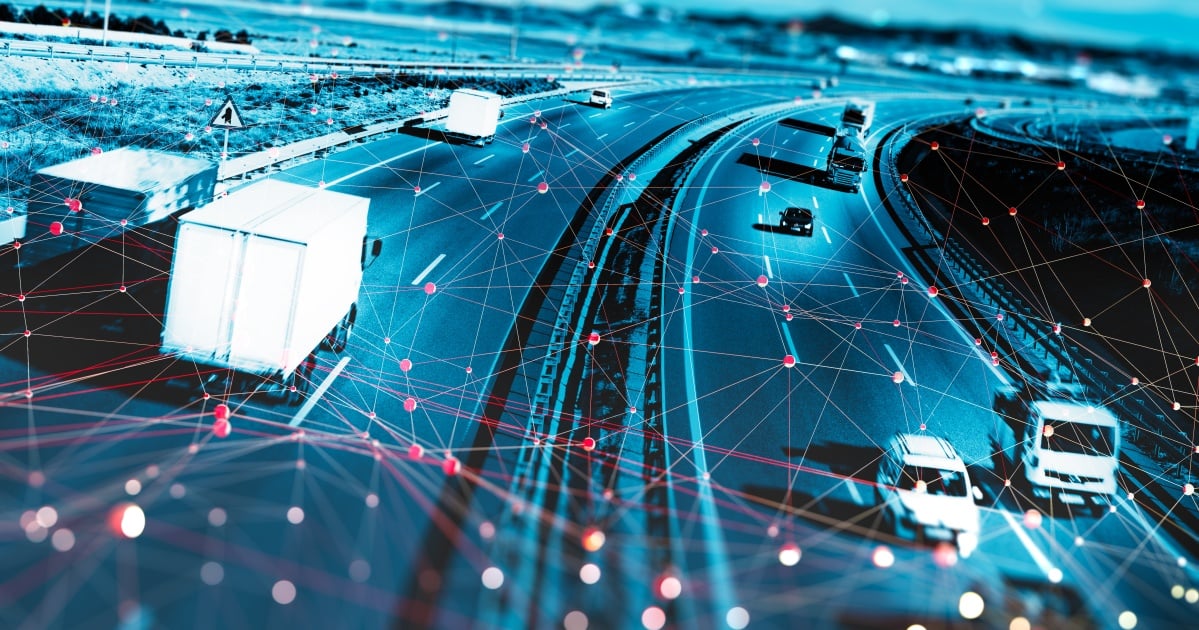
According to a recent announcement, Hyundai has joined Automotive Grade Linux, a collaborative cross-industry effort developing an open platform for the connected car, and the Linux Foundation, the nonprofit organization enabling mass innovation through open source.
“Hyundai has been active in open source for years, and their experience will benefit the entire AGL community,” said Dan Cauchy, Executive Director of Automotive Grade Linux at the Linux Foundation. “This is a significant milestone for us, as the rapid growth of AGL proves that automakers are realizing the business value that open source and shared software development can provide. We look forward to working with Hyundai as we continue on our path to develop open source solutions for all in-vehicle technology.”
AGL is an open source project at the Linux Foundation that is changing the way automotive manufacturers build software. More than 140 members are working together to develop a common platform that can serve as the de facto industry standard. Adopting an open platform across the industry enables automakers and suppliers to share and reuse the same code base, which reduces development costs, decreases time-to-market for new products and reduces fragmentation across the industry.
“Open collaboration is essential as we realize our connected car vision,” said Paul Choo, VP and Head of Infotainment Technology Center, Hyundai Motor Company. “AGL has built a robust platform that offers the flexibility to design and build new services on top of it, and quickly bring them to market. We look forward to working with the community to expand the platform and collaboratively develop the underlying technologies that are vital to the next generation of connected vehicles.”
Developed through a joint effort by dozens of member companies, the AGL Unified Code Base (UCB) platform is an open source software platform for infotainment, telematics and instrument cluster applications. It provides 70 percent of the starting point for a production project and includes an operating system, middleware and application framework. Automakers and suppliers can customize the platform with features, services and branding to meet their unique product and customer needs.
The IoT Evolution Expo, and collocated events, IoT Evolution Health, LPWAN Expo, The Smart City Event, and IIoT Conference, will take place Jan. 29 to Feb 1 in Ft. Lauderdale, Florida. Visit IoTEvolutionExpo.com to register now.Edited by
Ken Briodagh





